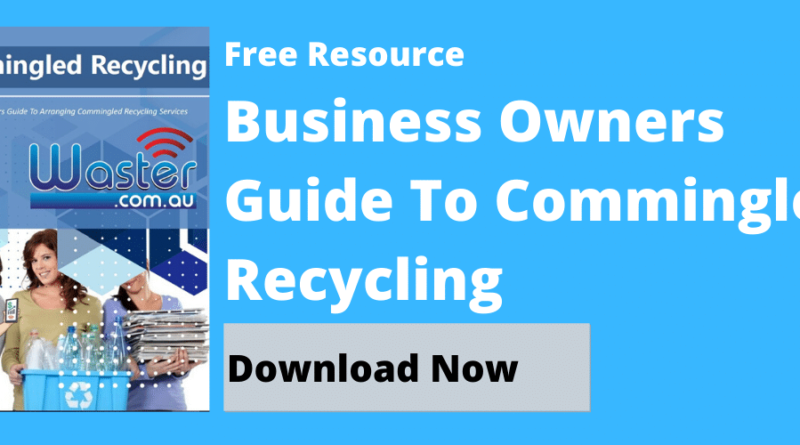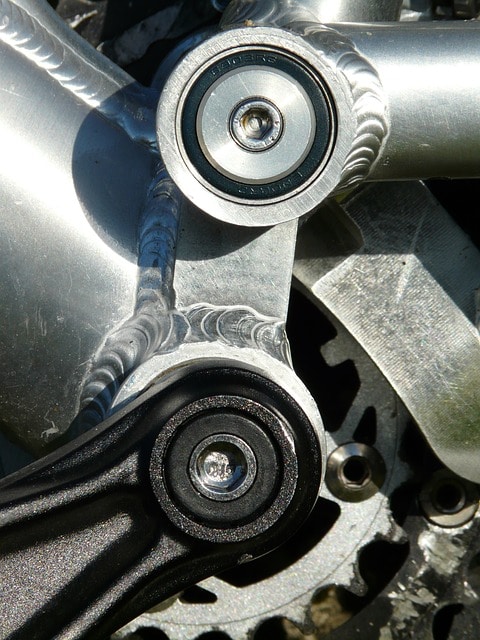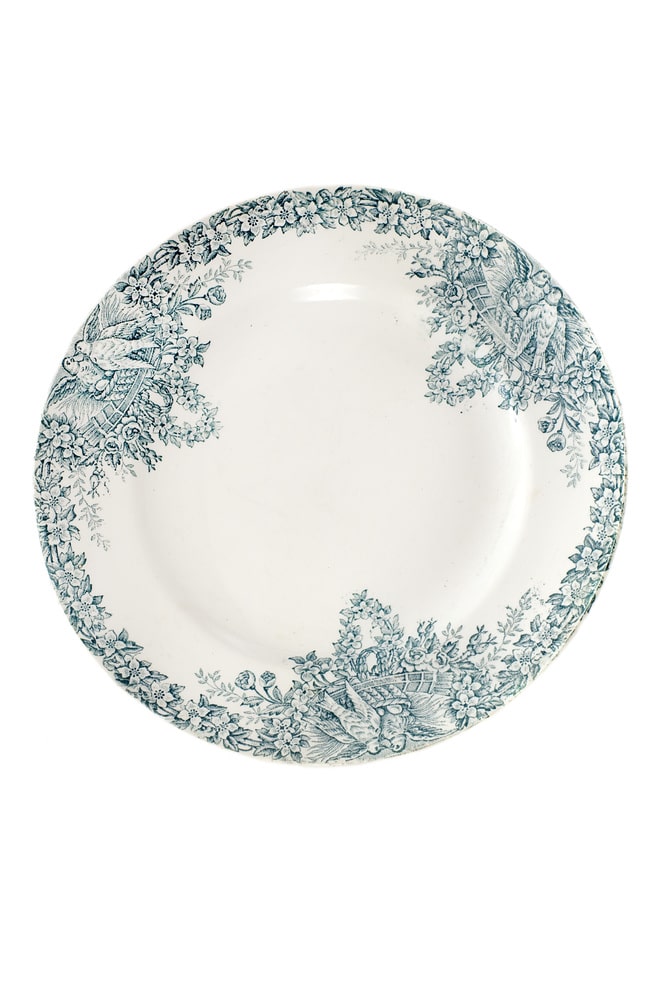How To Recycle Mercury 🌡️ – Can You Recycle Mercury?
Energy Disrupter
How To Recycle Mercury 🌡️: Is it even possible to recycle mercury? Is it not too dangerous for an average citizen to handle? Discover how you can do so by reading this blog. Read on to learn more.
Mercury, as many of us already know, has a plethora of uses. Most people (myself included) associate mercury with thermometers. Nowadays, we mostly see and use digital thermometers to measure our temperature. But, that was not the case in the past. People used thermometers with mercury before when they felt ‘under the weather’ and wanted to check their temperature to monitor a fever or other symptoms pertaining to a potential illness.
Aside from that, science has also employed mercury and used it on various scientific instruments. Did you know that mercury is even used on barometers? Point is, mercury has a lot of uses for us. However, what if it has outgrown its use and needs immediate replacing already? What do we do with it? Can we recycle mercury?
Below. we cover mercury’s recyclability. It is, after all, a quite intriguing and uber-interesting discussion that we should definitely tackle.
For smart small or medium Aussie businesses: Waster
Before we take you further into the discussion and cover how you can recycle mercury, we want to share Waster with you.
Who is Waster? Why do plenty consider it as one of the best waste and recycling companies in Australia?
>Download Now: Free PDF Business Owners Guide To Commingled Recycling Bin Services
Simply put, Waster provides you with innovative solutions for your and your business’s waste management and recycling needs. In addition to that, we provide flexible, 30-day contracts instead of the typical lock-in contracts, which proves a better choice nowadays.
Click on the blue button below to learn more.
READ: Reusable Food Packaging Australia 🇦🇺:
Can you recycle mercury? An information-filled blog
Before answering the main question of ‘can you?’, we would first like to cover ‘why?’ What we mean by that, of course, is state why you should recycle mercury instead of throwing it into the rubbish or general waste bin.
Obviously, it is in our best interest to avoid throwing too much waste in rubbish bins as the waste that gets thrown there goes to landfills. And, when it goes to landfill, a potent hazardous effect awaits.
Mercury can become quite a potent neurotoxin which affects human and animal health. When products containing dangerous amounts go to landfill, they can easily contaminate the groundwater and release toxic compounds. The toxic water, called leachate, is highly toxic and is a main perpetrator responsible for causing ground and water pollution. Additionally, it can also became methyl mercury, a gas known for its toxicity and volatility.
It should never go to general waste streams where it will inevitably end up in landfill.
As a result, we should aim to recover mercury for producing new products instead of disposing of them in rubbish bins and sending them to landfills.
[embedded content]
How to recycle it
Now, to answer the question of “can you recycle mercury?”, the answer to that, of course, is yes.
But how can we do so? Should we just chuck it down into the recycling bin? Unfortunately, you cannot do that. As mentioned above, mercury is highly toxic and therefore dangerous. But, you can find specialised recycling firms that can handle mercury. In Australia, there are many different recyclers that can take in all sorts of products with mercury in them such as thermometers, light bulbs, different types of e-waste and more.
In addition, some also accept liquid mercury, compounds and amalgams (see blog on dental waste management to learn more about amalgams and how to handle them). There are even available options for sites contaminated with mercury!
To find your nearest mercury recycler in Australia, take a look at Planet Ark’s Business Recycling webpage for more information.
How to recycle mercury: the process
Each product that has mercury in it has different ways of being recycled.
Light bulbs, for example, are crushed first and the different materials found are segregated (i.e., filtered) under a non-stopping vacuum. Phosphor powder, the material that has mercury in it, are amongst the gathered recyclables along with aluminium and glass are reused to create thermometers, barometers and other types of products.
As for e-waste, they are first disassembled and individual materials that are recyclable are recovered (which, of course, includes mercury) so that they can be used again as raw materials to manufacture new products.
Finally, for site treatment, there are a number of process available to treat soil, rubble or sand that is contaminated with mercury. Those processes include manual separation, heat treatment and/or extracting chemically.
What to do in case of mercury thermometer spillage?
Some of our readers have asked us this question, so we want to answer them and give them an idea on what they can do in the case that they break their mercury thermometer.
If the spill is major, do not clean it by yourself. Contact your local firefighters. For example, in NSW, call Fire & Rescue NSW.
But if it is something that can easily be handled alone, then do the following steps:
- Human or animal/pet alike should leave the area for ideally a day whilst ventilating the area in the process.
- Wear proper protection such as heavy-duty gloves and boots to pick up glass shards. Afterwards, wrap them properly in a paper towel whilst also sealing the paper towel afterwards in a zip-lock bag.
- Find the mercury content (dim the area to easily locate). Then you can apply sulphur powder and wait for 30 minutes to neutralise the mercury. Make sure the mercury residue is gone and collect by brushing/
- Put the mercury content in a plastic bag and throw it into your household waste bin.
Important note: Mercury unable to be stabilised by sulphur powder is considered hazardous waste and can only be disposed at a household chemical cleanout.
Waster has got small and medium Aussie businesses covered!
Does your Australian-based business need waste and recycling services? If so, then you have come to the right web page!
Please call 1300 WASTER (1300 927 837). You can also email us at [email protected] if you have any further questions. Find the best deals in terms of waste and recycling pricing and services! Contact us now!



















